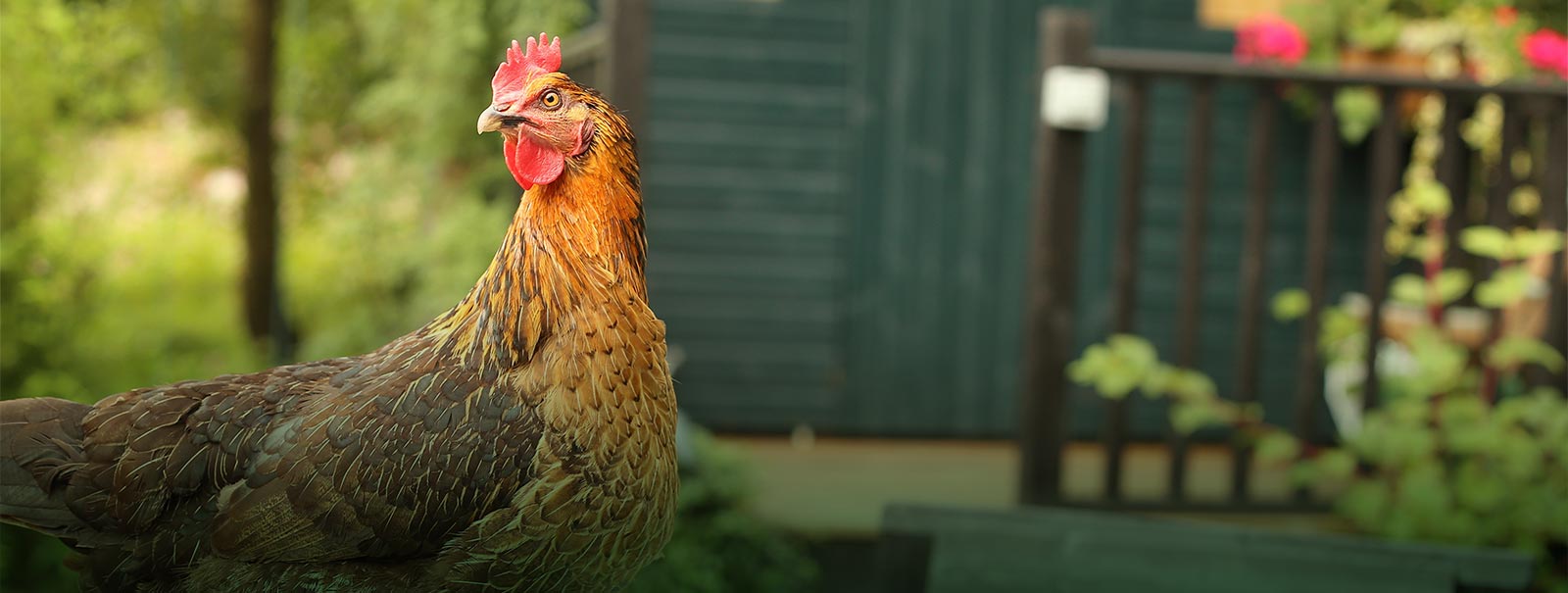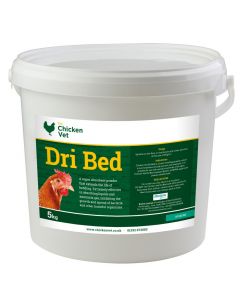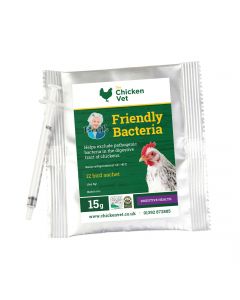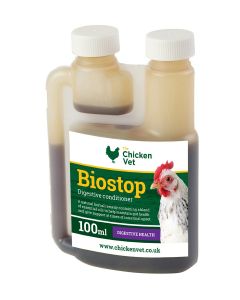
The advice hub Diarrhoea in Turkeys
Cause
Diarrhoea in turkeys can be caused by a number of harmful agents including bacteria, viruses (such as haemorrhagic enteritis virus) and coccidiosis. These agents damage the intestine wall and can cause reduced absorption of nutrients leading to weight loss and a reduction in the amount of water absorbed by the gut, leading to dehydration. Depending on the cause, the diarrhoea may be contagious to other birds.
Poor quality feed or excessive/inappropriate treats can also lead to diarrhoea.
Dirty drinking water can harbour lots of bacteria to cause diarrhoea.
Note: Worms do not usually cause diarrhoea but large burdens may upset the gut. Ensure your bird has been wormed in the past three months with Flubendazole.
What to look out for
- Wet bedding
- Loose droppings
- Weight loss
- Dull hunched up birds with ruffled feathers
- Pasted vents
Treatment
If you are concerned about the possibility of worms or coccidiosis being an underlying cause then you can use the Chicken Vet Faeces Sample Kit. Simply collect 10 fresh droppings, place into the pot provided, complete the submission form and post to Chicken Vet. We will count the number of coccidial oocysts and worm eggs in the droppings to determine if your bird has coccidiosis and/or worms.
If your bird looks reasonably bright and is eating and drinking it may be worth trying Biostop. Biostop contains tannins to maintain and support birds with intestinal upset. This product should be given for 5-7 days in drinking water and can also be given to healthy birds as it will improve gut health in general.
After Biostop use Beryl’s Friendly Bacteria, a powder containing a complex range of friendly bacteria. These friendly bacteria help to colonise the turkey’s gut forming a physical barrier against harmful bacteria such as Salmonella, E. coli and Clostridium perfringens. The product is particularly useful in the following circumstances:
- At time of hatch
- When birds are stressed (travelling, showing, breeding)
- If they have had a change of diet
- Following an illness, especially if the bird has had antibiotics and normal gut flora has been disturbed
- As an aid to older birds
Beryl’s Friendly Bacteria is approved for organic birds by the Organic Farmers and Growers and the Organic Food Federation. It can be mixed with the feed, given in the water or mixed with water and squirted into the bird’s mouth.
Keep the bedding clean and dry as dirty wet bedding is unpleasant for your birds and can harbour bacteria more readily to infect other birds. Dri Bed is an excellent choice to use at this time.
If your bird appears unwell, is not eating or drinking, or does not show signs of improvement, take it to your local vet.
Prevention
- Ensure feed is clean, dry, and within use by date.
- Be careful not to overdo treats.
- Ensure clean drinking water at all times that is changed daily.
- Keep bedding clean and dry at all times - use Chicken Vet Dri Bed.
- Give Beryl’s Friendly Bacteria every eight weeks to keep the good bacteria in the gut topped up.




